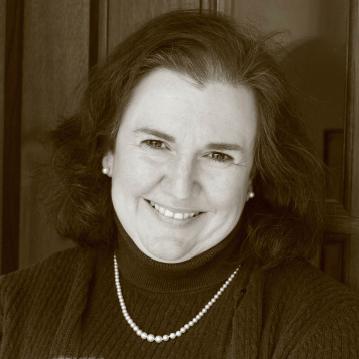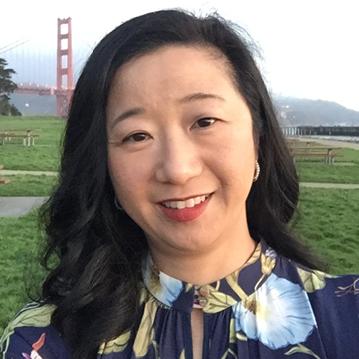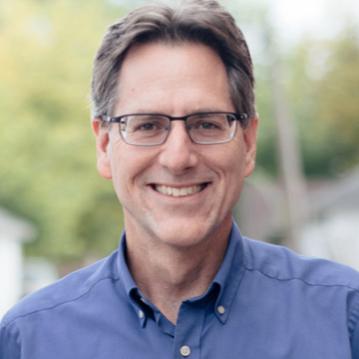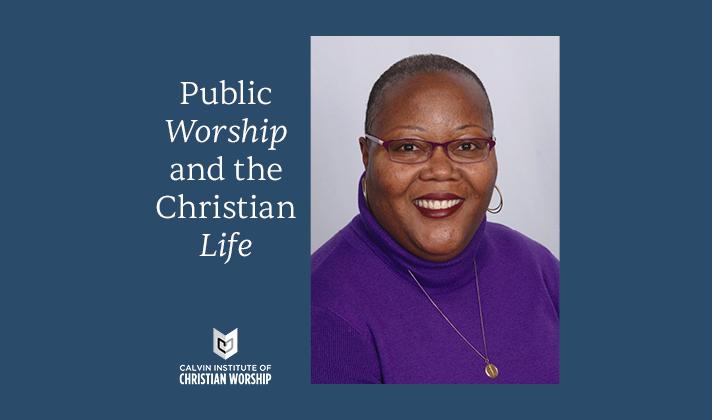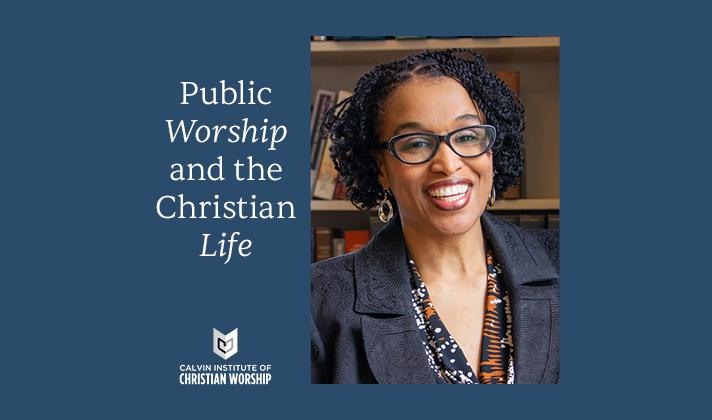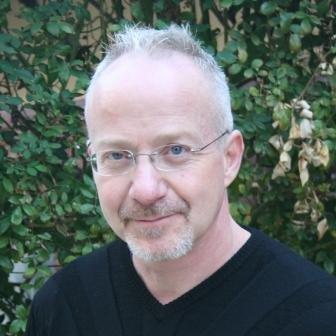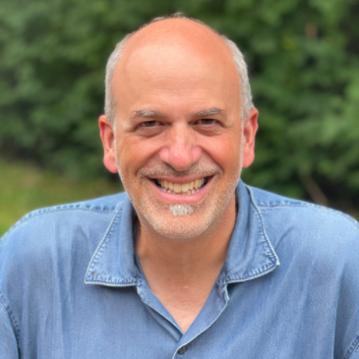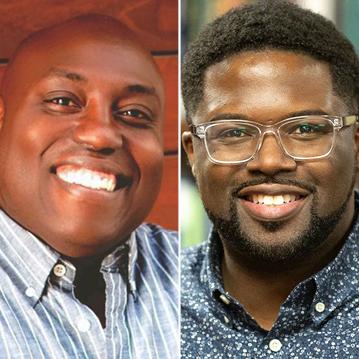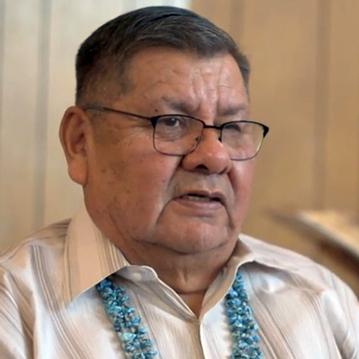Cultural Intelligence and Youth Ministry: Creating Safe Spaces for Questions and Community
A youth minister reflects on the necessity of cultural intelligence in ministry alongside youth in order to create safe spaces to ask questions, wrestle with biblical concepts, and hear thoughts from people different from them, all with the purpose of loving God and others better.
Shively T. J. Smith on Howard Thurman and Congregational Hermeneutics
Congregations and lay Christians have methods of interpreting the Bible and faith life even if they can't articulate them. Using Howard Thurman’s image-rich meditations, scholar Shively T. J. Smith offers a visual way to reflect on applying the Bible to faith and ordinary life.
Shively T. J. Smith on Visualizing Christian Faith through Howard Thurman's Metaphors
Rather than starting with words and theories of interpretation, scholar Shively T. J. Smith uses Howard Thurman's metaphorical imagery to help congregations visually process how they understand scripture and live out their Christian faith.
Mimi L. Larson on Keys to Involving Children in Worship
Scholar Mimi L. Larson explains how theology, beliefs about children's capabilities, and pastors influence whether or how children meet God in worship. She says that Black church culture offers valuable examples.
Intergenerational Church as a Space for Opportunity, Change, and Learning
In this conversation, pastor Theresa Cho of St. John's Church in the Richmond neighborhood of San Francisco shares joys and insights from a historical congregation that is learning to embrace change and be vulnerable in order to live together as an intergenerational, contextual worshiping community.
One Generation Calls to the Next: Youth Agency and Leadership Development
In this conversation, New City Kids president Trevor Rubingh talks with New Generation3 executive director Elizabeth Tamez Méndez on the significance of agency in the spiritual and leadership development of teenagers as they try out their leadership skills with and among their peers.
Richelle B. White on Unashamedly Black and Unapologetically Christian: Repertory with Roots for Youth
In this episode, Richelle B. White shares her passion for drawing from the wisdom of the Bible along with Black history, Black culture, and Black music as rich, relevant, and necessary sources in nurturing in faith the lives of Black youth.
Almeda M. Wright on the Beautiful and Complex Lives of Young People
In this episode, Almeda M. Wright shares about her research that explores the spiritual lives of African American youth and points to a complex picture of both the fragmentation and integration in their spiritual lives as they learn to balance experiences of suffering while persisting along pathways to life more abundantly in Christ.
Mentors to the Next Generation of Leaders
Dale Sieverding, vice chair of the Archdiocese of Los Angeles Liturgical Commission and director of LAMP So-Cal—Liturgical Arts Ministry Project in Southern California, reflects on the methodology and results of The Liturgical Arts Ministry Project.
Worship in the Big Tent
Playwriter and worship pastor Christopher Greco reflects on the effective use of interruption, surprise, spontaneity, narrative eclecticism, motivated participation, and intergenerational collaboration as tools to engage congregants in worship in the face of significant disparities in age, culture, and Christian tradition, or lack thereof.
Multicultural Worship Reflecting All of God's People
In this conversation, pastoral musician Eric Lige shares with Nate Glasper about his passion and calling to draw from the riches of our diverse communities--languages, cultural practices, and more--to honor and worship God together.
Navajo Burials and Christian Hope
The COVID-19 pandemic has complicated death-related issues in the Navajo Nation. Even so, affirming all that's good about "walking in beauty" gives Navajos on the Jesus Way a bridge to comfort people bound by fearful Navajo taboos about death.



